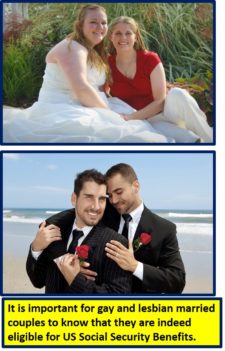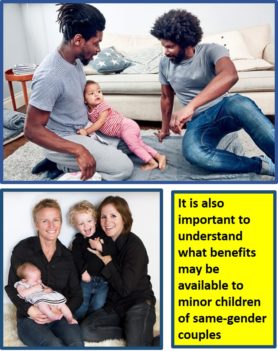 This op ed contains links to several of my “controversial” blogs over the years … please do explore them.
This op ed contains links to several of my “controversial” blogs over the years … please do explore them.
As we get toward the end of the year when we celebrate Thanksgiving, Christmas, Hanukkah, Kwanzaa and New Year’s … all these days of “good will,” I want to stop and explore a most disturbing phenomenon. Why is there still so much hate when we live in one of the most prosperous nations in the world? And what is strange is the hate is most frequently not coming from those who have little and are oppressed, but from those who are blessed.
I will share some examples from my blogging and then one story from local high schools.
For the past nine years, I have published two or three blogs each month about my consulting areas of expertise of diversity, leadership and career development. I often write short summaries of the blogs to post on Facebook and spend a little money to push them out to people who have shown interest in these various topics. Most of the time, on my non-controversial items to do with career development and general leadership, I may get one or two comments. But when I write on certain diversity topics, my Facebook feed explodes with hate.

NC Council of Churches Governing Board and Staff are proud to stand with the banner showing us as united against racism and Islamophobia
• My blog about Islamophobia in the United States. I received dozens of comments about how all Muslims are terrorists, how they have come to this country to take over the American way of life, etc. One guy even sent me a photo of a terrorist holding the severed head of a baby asserting that Muslims want to do this to all Euro-Anglo children.
• Writing about treating LGBT (Lesbian, Gay, Bisexual, Transgender) people with respect and equality. One angry man wrote that faggots deserved to be fired from their jobs and that they are going to burn in hell. One woman wrote that this “crap” should stay out of the workplace and schools (as if people should hide and deny who they are in everyday life?) and accused gay people of seeking special rights. And when I tried to politely share some facts with her, she accused me of harassing her and reported me to Facebook!
NOTE: My next blog will be “LGBTQ Equality – It’s equal rights, not special rights!”
• And even when I write about ongoing systemic racism in our country. Yes, things have improved but we still have issues to address and healing that needs to happen. People wrote about Blacks getting all the privileges now in the world and that whites are the ones discriminated against (have these people experienced what it is like to be Black and maneuver daily in a world controlled by White people?) And of course they posted the stereotypes of Black criminals and welfare mothers.
Writing about respect for Muslims, LGBT people and about addressing racism did indeed raise a lot of ire, but then I was shocked when I wrote a blog titled, “Five Lessons for our Country from the World Champion Soccer Team and Megan Rapinoe.” I thought it was an upbeat blog with some positive messages that would resonate with everyone, but then people commented that Ms. Rapinoe hated America, had desecrated our flag (fake news), etc. Can’t people at least try to focus on the positive messages?
And even more sad is that some of this hate is even permeating our youth. Last month in our local Raleigh, NC paper was an article, (which also made national news) “NC Students talk on racist chat about killing black babies.” It detailed how students at two local high schools engaged in online chat using racial slurs, and advocating bringing back slavery and shooting black babies. So sad and so sickening.I am puzzled on why people engage in hate. What are they afraid of? Do they think that Muslims, Gays and Blacks are going to steal their pie and that there will be less for them to eat? Or do they have such low self worth that the only way they can validate themselves is by putting other people down?
Raising up others and being kind to all people will build a better society. We will all be more positive, productive and happy. My grandmother once said, “If you don’t have something good to say about someone, it is best to say nothing.”
Peace and love to all my readers. Let’s be civil and kind to each other and contribute to a better society where our diversity makes us all stronger. One final blog link: “Diversity and Inclusion – Does it divide us or unify us?”



